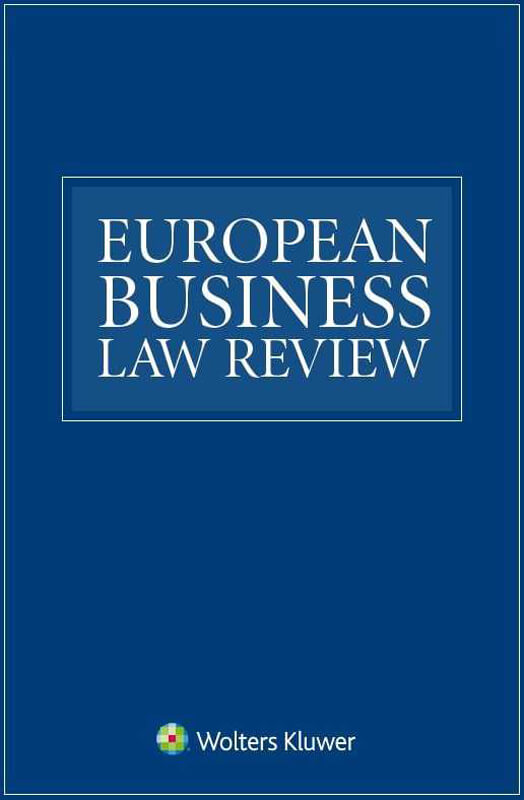Home > All journals > European Business Law Review > 34(5) >

$25.00 - Rental (PDF) *
$49.00 - Article (PDF) *
Tobias H. Tröger, Anastasia Kotovskaia
European Business Law Review
Volume 34, Issue 5 (2023) pp. 781 – 800
https://doi.org/10.54648/eulr2023038
Abstract
We investigate whether the bank crisis management framework of the European banking union can effectively bar the detrimental influence of national interests in cross-border bank failures. We find that both the internal governance structure and decision-making procedure of the Single Resolution Board (SRB) and the interplay between the SRB and national resolution authorities in the implementation of supranationally devised resolution schemes provide inroads that allow opposing national interests to obstruct supranational resolution. The amendments to the framework recently proposed by the European Commission would not alter the assessment materially. We also show that the Single Resolution Fund (SRF), even after the ratification of the reform of the European Stability Mechanism (ESM) and the introduction of the SRF backstop facility, is inapt to overcome these frictions. We propose a full supranationalization of resolution decision-making. This would allow European authorities in charge of bank crisis management to operate autonomously and achieve socially optimal outcomes beyond national borders.
Keywords
SRB, SRF, SRM, bank resolution, banking union, bail-in, ESM, national interest, political economy, bureaucrats’ incentives
Extract
